The initial research findings from the high-level probe into civil engineering by quango Infrastructure UK confirms big inefficiencies plague major civil engineering projects in this country.
The interim report also warns that the economic downturn risked a return to adversarial contracting because clients were fixed on a strong contractual to delivering major projects.
“This leads to perverse behaviour particularly in tough market conditions, where low prices achieved under competition may be increased at out-turn as a result of claims.”
The report also blames greater numbers of smaller contractors acting as main contractors compared to peers in Europe for a failure to develop appropriate skills in the civils industry.
So far the benchmarking study found only Nordic countries suffer from higher costs in Europe.
Now the review panel chaired by Arup’s Terry Hill will draw up a set of recommendations to cut outturn costs in a final report due at the end of the year.
These will see fresh measures aimed at increasing certainty of the investment pipeline, removing wasteful process and strengthening the capability of those involved in procurement and the supply chain.
The interim report said: “Whilst many of the factors identified by IUK have been recognised in previous studies, there has not been sufficient concerted effort by government and industry in the past to make the changes necessary to resolve them.
“The current fiscal environment and drive for efficiency provide an opportunity to ensure that, this time, the necessary actions will be taken.”

Reports on the costing of High Speed 2 and benchmarking studies conducted on roads scheme and metro systems unearthed further evidence of higher costs in the UK.
IUK said: “In some instances, higher relative capital costs in the UK can be attributed to greater intensity of use and enhanced design life of assets, together with geographical factors such as the UK’s greater density of population.
“However, these factors do not fully account for the differences in cost – the cost of labour, plant and raw material inputs, including public and private sector investments.”
Stop-start investment, the complex web of regulation, planning and standards compliance come in for heavy criticism, along with poor public sector commissioning and cost management.
IUK will now draw up a detailed action plan to deliver the identified cost saving benefits for UK infrastructure projects and renewals programmes.
Emerging measures for consideration
| Increase certainty and continuity of pipeline for committed projects |
|
| Create clearer distinctions between the roles of commissioner, client, funder, and delivery agents |
|
| Instil greater discipline to commissioning |
|
| Develop smarter ways of using competition |
|
| Reduce the direct costs of construction |
|





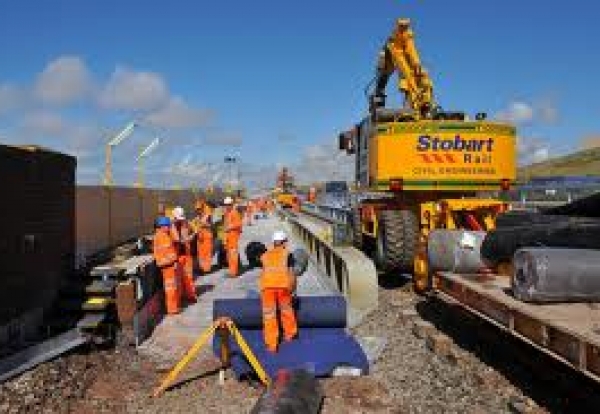


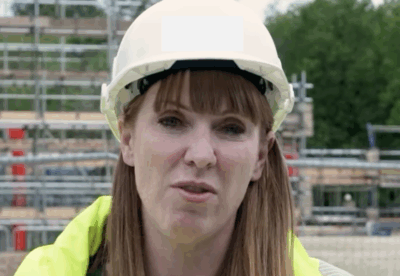

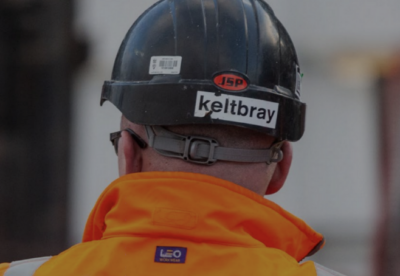









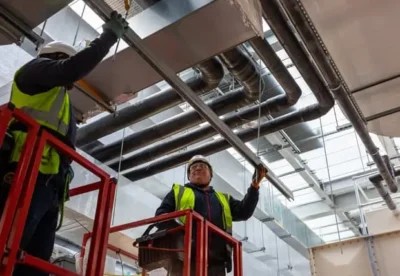


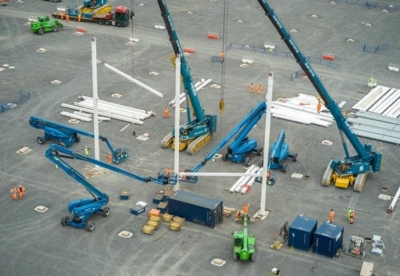






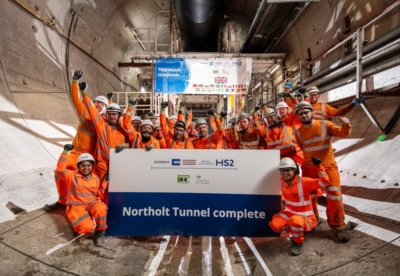


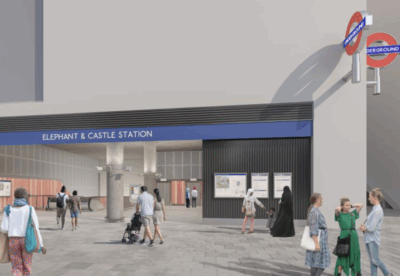
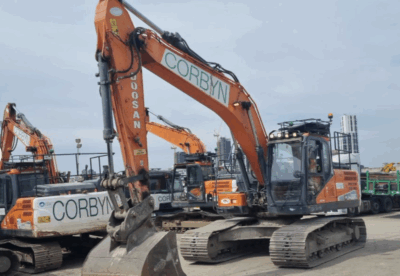


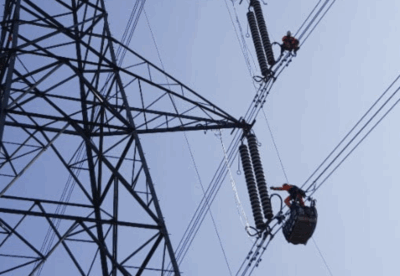

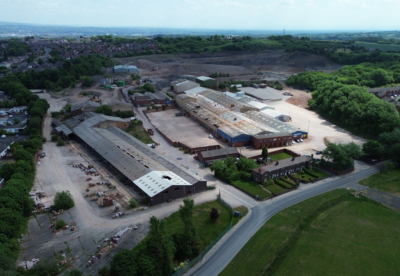

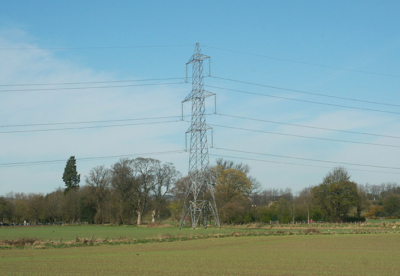






 (300 x 250 px) (2).png)




